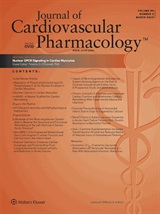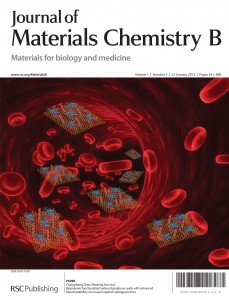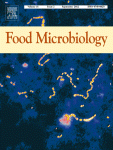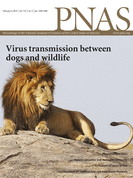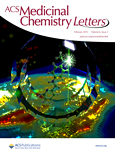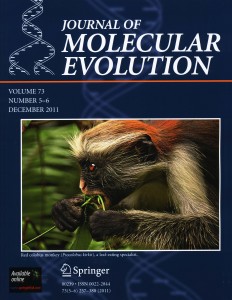 All but one of the authors of a 2013 Journal of Molecular Evolution paper have requested a partial retraction due to “erroneous data” and “scientific misconduct” on the part of the remaining author.
All but one of the authors of a 2013 Journal of Molecular Evolution paper have requested a partial retraction due to “erroneous data” and “scientific misconduct” on the part of the remaining author.
The note blames second author Michael Kolesnikov for falsifying data on the formation of ATP. According to the notice, the misconduct was confirmed by a “thorough investigation” by the Bach Institute of Biochemistry in Russia, which no longer employs Kolesnikov.
Here is the note for “Abiotic Photophosphorylation Model Based on Abiogenic Flavin and Pteridine Pigments”: Continue reading Journal retracts part of molecular bio paper due to “unsubstantiated conclusions”
